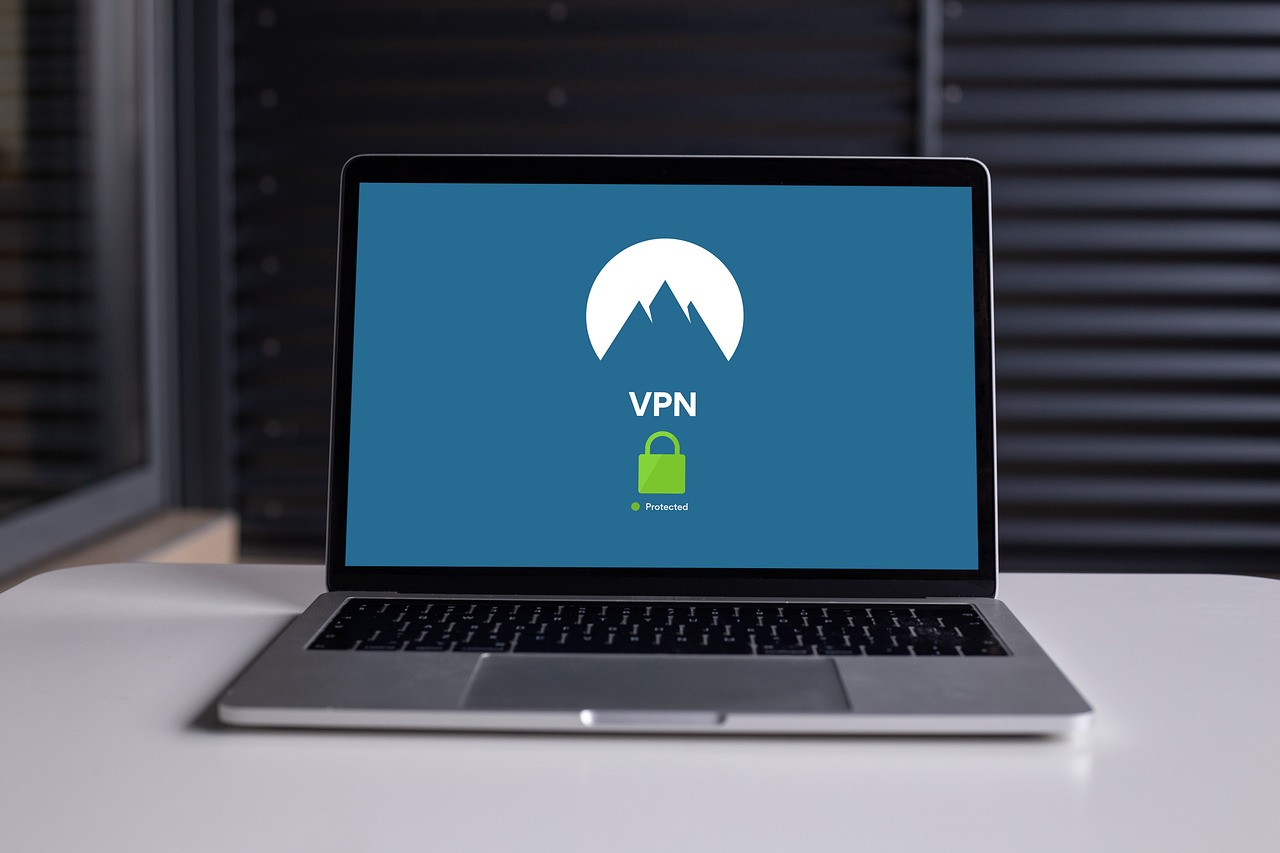
Finding the Right VPN: A Guide for Expats in the Philippines
Why Expats in the Philippines Should Use a VPN
Living in the Philippines as an expat has its perks — but staying safe online and watching your favorite shows from home isn’t always easy. That’s where a VPN comes in.
A VPN (short for Virtual Private Network) helps keep your internet use private. It also lets you access content that might be blocked in the Philippines — like streaming platforms, banking sites, or anything that thinks you’re not “in the right country.”
It’s Not Just About Streaming Your Favorite Shows
Let’s be honest — one of the main reasons expats use VPNs is to watch stuff. Whether it’s Netflix from the US, BBC iPlayer, or your local sports back home, a VPN can make it seem like you’re still there.
But there’s more to it. A VPN also protects you from sketchy Wi-Fi connections, especially in public spots like cafes, airports, or hotels. It keeps your info encrypted so no one can snoop on what you’re doing.
ExpressVPN — Fast, Reliable, and Super Secure
If you want something that just works — and works fast — ExpressVPN is a strong choice.
It’s great for streaming, online banking, and even gaming. You’ll get solid speeds and a bunch of features like a kill switch (which shuts off the internet if your VPN drops) and split tunneling (which lets you pick which apps use the VPN).
Here’s what stands out:
-
Speeds are consistently fast
-
Super easy to use on phones, laptops, even smart TVs
-
Strong privacy rules — they don’t keep logs of what you do
-
Great support if you need help
The catch? It’s not the cheapest option out there. And you can only connect a few devices at once, which might be limiting if you’ve got a bunch of gadgets.
Surfshark — Budget-Friendly and Covers All Your Devices
Surfshark is perfect if you want solid protection without spending a lot. One account covers unlimited devices, so you and your whole household are good to go.
It’s reliable for streaming, blocks annoying ads, and keeps your connection safe — even on free Wi-Fi. It’s not as fast as ExpressVPN all the time, but it gets the job done.
What people like about it:
-
Really affordable plans
-
No limit on how many devices you can connect
-
Privacy-focused with strong encryption
-
Can still unlock Netflix and other big platforms
Just a heads-up — their support can be hit or miss, and speeds may drop depending on which server you’re on.
So Which One Should You Pick?
If you want the fastest, smoothest experience and don’t mind paying a little extra, go with ExpressVPN. If you’re trying to save and need to cover a bunch of devices, Surfshark is a great bet.
Either way, using a VPN in the Philippines is a smart move. It keeps your data private and your favorite content within reach — no matter where in the world you are.
NordVPN — Packed With Security Features and Great for Power Users
If you want something a little more advanced, NordVPN is worth a look. It’s built for people who care a lot about privacy and want more control over their connection.
You get cool extras like double VPN (your traffic goes through two servers instead of one), Onion over VPN (for serious privacy), and even dedicated IP addresses.
Why people choose NordVPN:
-
Strong security features for extra peace of mind
-
Huge server network for fast connections anywhere
-
Reliable speeds for streaming, calls, and browsing
-
Easy to use on all your devices
-
No logs policy and built-in ad blocker
Just know it’s not the cheapest option, and some users mention the connection can drop now and then.
Still, if privacy and options matter to you, this one delivers.
AVG Secure VPN — Simple, but Not Built for Heavy Use
AVG is best known for antivirus software, but they also offer a VPN. It’s super easy to use and works fine for basic stuff like browsing and casual streaming.
It even comes bundled with AVG’s antivirus plans sometimes, which could save you a bit.
Here’s the good:
-
Easy to set up and use
-
Works well if you’re already using AVG antivirus
-
Decent speeds for everyday use
And the not-so-good:
-
Smaller server network
-
Doesn’t unlock most streaming sites reliably
-
Fewer features than bigger VPNs
-
Privacy policy isn’t as strong
Bottom line — AVG Secure VPN might be fine for light use, but if you need strong privacy or want to watch shows from home, you’re better off with something like ExpressVPN or NordVPN.
Other VPNs That Deserve a Quick Mention
A few more worth checking out if you’re still shopping around:
CyberGhost — Simple to use with a huge network of servers
Private Internet Access (PIA) — Strong focus on privacy with affordable pricing
ProtonVPN — Offers a free version and takes security seriously
What to Look For When Picking a VPN
Before you decide, keep a few things in mind:
-
Server locations — Make sure they have servers in the countries you care about
-
Speed — Some VPNs slow you down more than others
-
Privacy — Go for providers that don’t keep logs
-
Support — Good customer support can be a lifesaver
-
Device compatibility — Make sure it works on everything you use
-
Price — Don’t just look at cost — check what you get for it
Final Thoughts on Finding the Right VPN
A good VPN makes life way easier for expats in the Philippines. You can stay safe on public Wi-Fi, keep your private info private, and still access all your usual stuff from back home.
If speed and smooth streaming matter most, go with ExpressVPN. If you want something cheaper that covers all your devices, Surfshark is a solid choice. And if you’re all about security features, NordVPN is tough to beat.
The right VPN keeps your digital life simple, secure, and connected — no matter where you are.

















